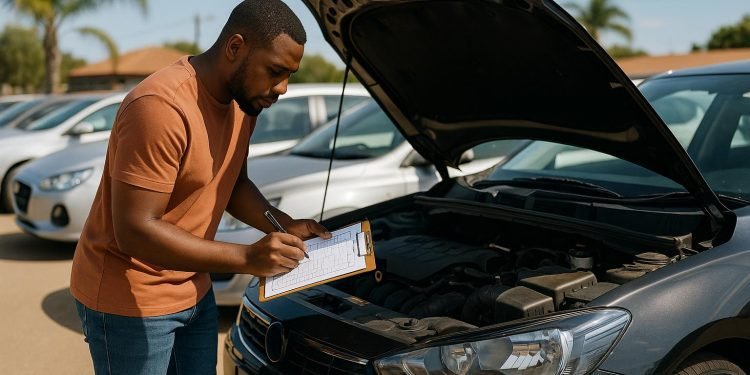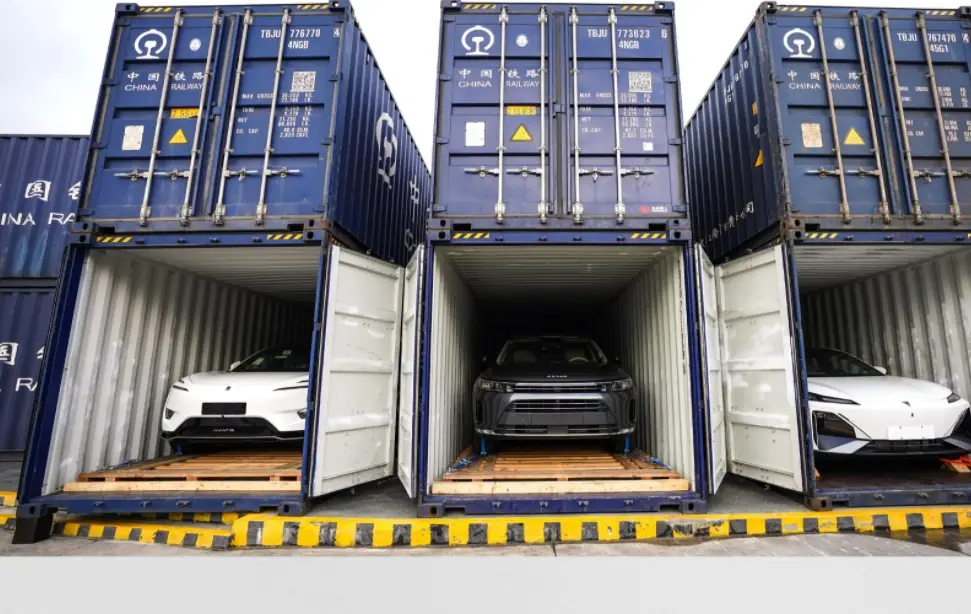By Aurelia Mbokazi-Kashe
Just before Covid-19, an acquaintance discovered a loophole to import a used car from one of the Eastern countries. He was trying to bypass a used car dealership that he know for importing these vehicles and adding a considerable markup. They apparently worked with dodgy metro police officers to register the cars. Since then, I’ve become wary of second-hand car deals that look tempting online or from roadside dealers, especially when money is tight. But before you hand over your cash, it’s worth understanding what you’re really buying, chances are the car you have your sights on might be a ‘grey import’.
Grey Imports
Grey vehicles are used cars brought into South Africa through unofficial channels.
Unlike cars sold by local dealerships, which follow strict safety and quality checks, grey imports often skip these essential steps. They are usually cheaper, but those savings may come at a high price.

Safety First
Grey imports may not meet South Africa’s safety or environmental standards. Some of these cars are missing vital safety features like airbags, child seat anchor points, or anti-lock braking systems (ABS). They may also lack proper crash protection, which is critical in the event of an accident.

No Service History
While the car looked very affordable at first, my acquaintance soon found out the hard way that it was not a bargain at all. Within months, the vehicle gave him continuous problems. It spent more time at the mechanic than on the road and demanded that he spend even more money on it.
This is a common issue with these vehicles. They often arrive with no verified service history, meaning you won’t know if the car has been properly maintained or if it has hidden problems such as worn brakes, old tyres, or engine faults. A car with an unknown or tampered mileage is also a big red flag—it could have been driven much further than the odometer shows.
Another problem is finding replacement parts. Grey imports are not always supported by local dealerships, making it harder and more expensive to service the vehicle or source parts when something breaks. Delays in finding parts could leave you stranded without transport when you need it most. On top of that, some grey imports may not pass the required roadworthy tests in South Africa, which can lead to problems when trying to register the vehicle or get insurance cover.
Threat to Local Jobs
South Africa’s automotive industry provides thousands of jobs. Buying from authorised dealers supports this vital sector. Grey imports can hurt the industry by reducing demand for cars sold through legal channels, leading to job losses in manufacturing, sales, repairs, and transport services.

What Can You Do?
Before buying a used car, always ask for the service history, check the mileage
carefully, and confirm whether the vehicle was imported through proper legal channels. A registered dealership will usually offer cars that meet local safety standards and come with warranties and reliable after-sales service. It might cost a little more upfront, but your peace of mind and your family’s safety are worth it.
Remember, if a deal sounds too good to be true, it probably is.





